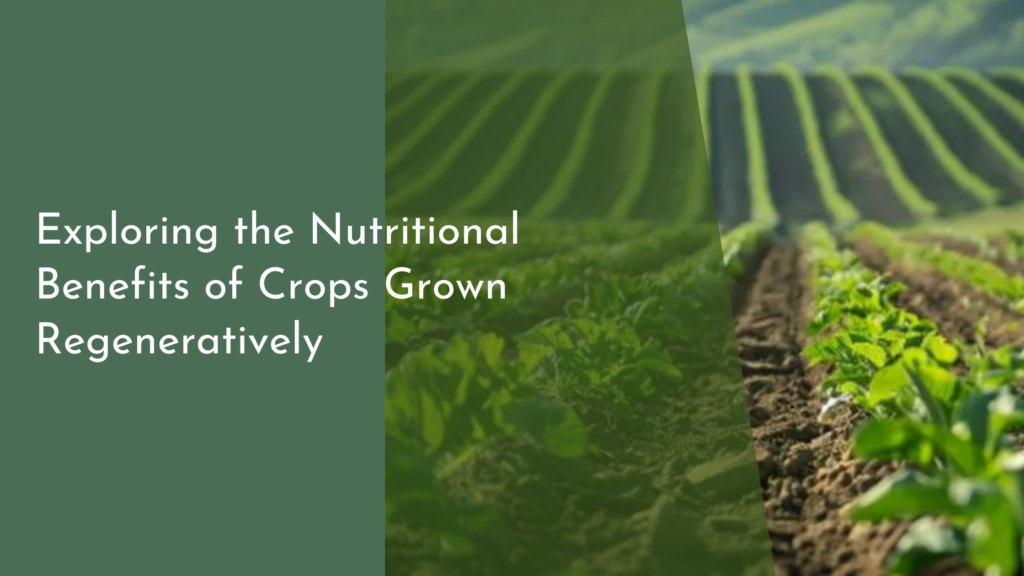The Role of Rainwater Harvesting in Circular Economy Strategies
As the world grapples with the challenges of climate change and resource scarcity, innovative solutions are becoming increasingly vital for sustainable development. One such solution is rainwater harvesting, a practice that has gained considerable traction in recent years as part of circular economy strategies. By capturing and utilizing rainwater, communities reduce their reliance on conventional water sources while promoting environmental stewardship. This article explores the role of rainwater harvesting in circular economies, its benefits for sustainable living, innovative collection techniques, and the promising future it holds for eco-friendly growth.
Understanding Rainwater Harvesting in Circular Economies
Rainwater harvesting involves the collection and storage of rainwater for reuse, making it an integral component of circular economy strategies. In a circular economy, resources are kept in use for as long as possible, minimizing waste and promoting sustainability. Rainwater harvesting aligns perfectly with this concept by transforming precipitation into a valuable resource, reducing the demand for finite water supplies. By integrating this practice into urban planning and rural development, communities can build resilience against water scarcity while fostering a culture of resource efficiency.
Moreover, rainwater harvesting contributes to the circular economy by reducing stormwater runoff, which can lead to erosion and water pollution. By capturing rainwater, cities can alleviate the pressure on drainage systems during heavy downpours, thereby decreasing the risk of flooding. This dual benefit not only protects infrastructure but also enhances the natural water cycle, encouraging groundwater recharge and maintaining local ecosystems. In essence, rainwater harvesting is a practical and effective tool for cultivating a sustainable and regenerative approach to resource management.
Benefits of Rainwater Harvesting for Sustainable Living
The benefits of rainwater harvesting extend beyond mere water conservation; they encompass environmental, economic, and social dimensions. First and foremost, collecting rainwater can lead to significant savings on water bills for households and businesses. By utilizing harvested rainwater for irrigation, toilet flushing, and laundry, communities can reduce their reliance on municipal water systems, freeing up those resources for essential uses. This financial incentive encourages more individuals to adopt sustainable practices, enhancing community engagement in environmental stewardship.
Additionally, rainwater harvesting plays a crucial role in enhancing biodiversity and improving urban landscapes. Green roofs, rain gardens, and permeable pavements help capture rainwater while providing habitats for various species. These green infrastructures not only beautify neighborhoods but also contribute to improved air quality and reduced urban heat. With its multifaceted benefits, rainwater harvesting fosters a sense of community responsibility and promotes sustainable living practices that can be passed down through generations.
Innovative Techniques for Effective Rainwater Collection
As the demand for sustainable water solutions grows, innovative rainwater harvesting techniques are emerging to maximize efficiency and effectiveness. One popular method is the use of rain barrels, which are simple containers placed under downspouts to collect runoff from rooftops. These systems are easy to install and maintain, making them an excellent choice for homeowners and small-scale users. Additionally, modern technology has introduced smart rainwater management systems that utilize sensors and automation to monitor water levels and optimize usage, ensuring that harvested water is efficiently utilized.
Another innovative approach is the integration of rainwater harvesting systems into building designs. Many architects and designers are incorporating collection mechanisms into roofs, gutters, and drainage systems, allowing buildings to function as collectives for rainwater. This not only maximizes collection efficiency but also enhances the aesthetic appeal of structures. Coupled with advanced filtration and treatment systems, these techniques ensure that harvested rainwater is safe for various domestic uses, further advancing the adoption of rainwater harvesting as a viable solution for sustainable living.
Future Prospects: Rainwater Harvesting and Eco-Friendly Growth
The future of rainwater harvesting looks bright, especially as awareness of climate change and resource conservation continues to grow. Governments and organizations are beginning to recognize the importance of rainwater harvesting as part of broader water management strategies. Incentives such as tax credits, grants, and subsidies for rainwater harvesting systems can encourage more individuals and businesses to invest in these sustainable practices. As public policies evolve to support water conservation efforts, rainwater harvesting can play a pivotal role in achieving national and global sustainability goals.
In addition to policy support, advancements in technology will likely drive the growth of rainwater harvesting systems. Innovations in materials, treatment methods, and efficient design can reduce costs and enhance the effectiveness of rainwater collection. Furthermore, as cities around the world increasingly adopt circular economy principles, the integration of rainwater harvesting into urban infrastructure is anticipated to become standard practice. Ultimately, rainwater harvesting presents an exciting opportunity for communities to embrace eco-friendly growth and foster a sustainable future for generations to come.
In conclusion, rainwater harvesting stands as a beacon of hope for sustainable living within circular economy frameworks. Its ability to conserve resources, reduce waste, and enhance community resilience is invaluable in our quest for a more sustainable planet. As we continue to innovate and adapt our practices, the integration of rainwater harvesting into our daily lives will empower us to make conscientious choices and cultivate a healthier environment. Together, let us celebrate the potential of rainwater harvesting and work towards a brighter, greener future!



